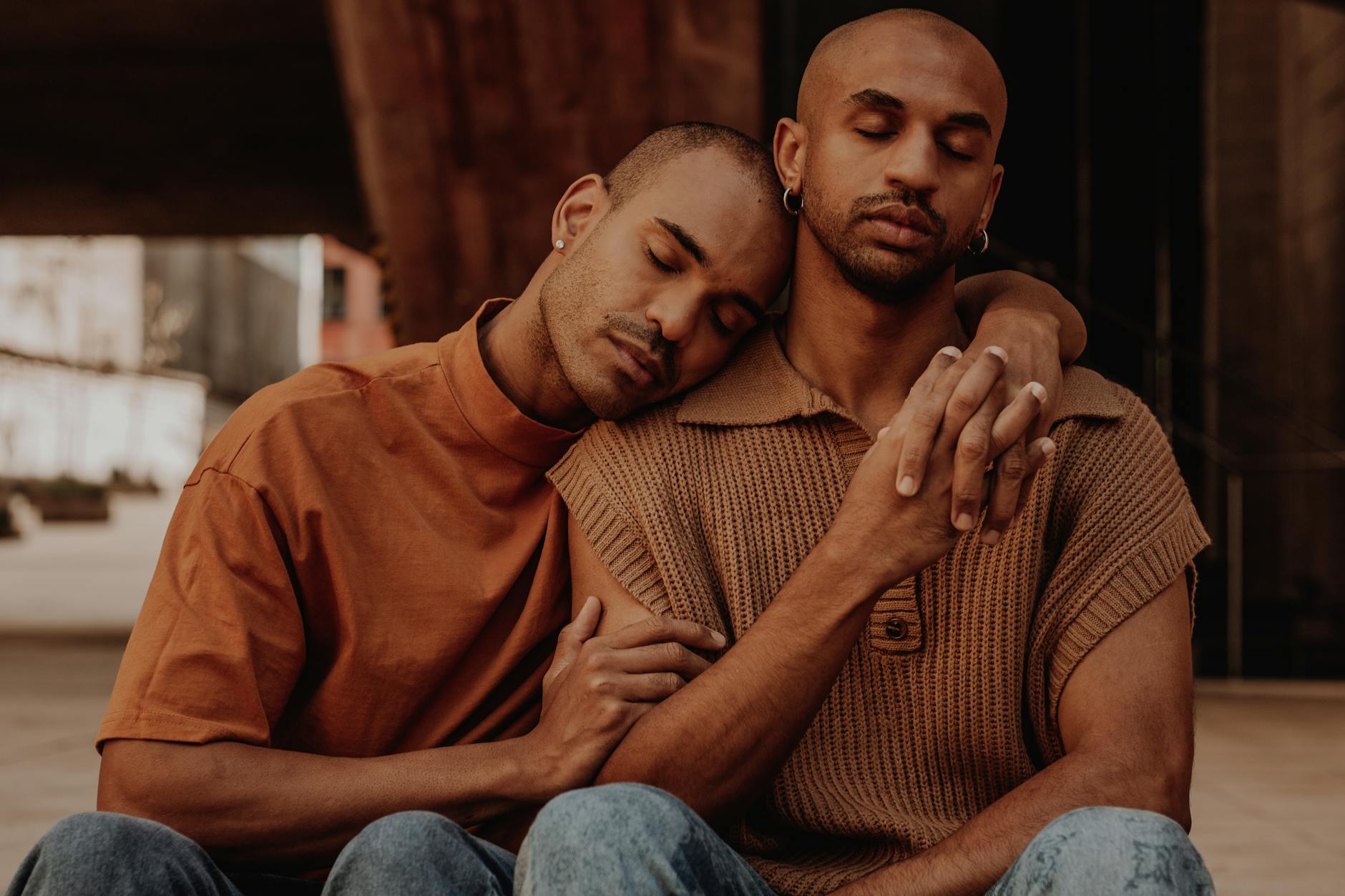Medical Advocacy to help access insurance, disability benefits and gender affirming health care.
Our 24/7 Crisis Hotline at (479) 442-9811.







Source: National Coalition Against Domestic Violence
have experienced rape, physical violence, and/or stalking by an intimate partner at some point in their lifetime, as opposed to 35% of heterosexual women.
have experienced rape, physical violence, and/or stalking by an intimate partner in their lifetime, as opposed to 29% of heterosexual men.
experience physical intimate partner violence, than those who do not identify as Black.
experience intimate partner violence in public, than those who do not identify as transgender.